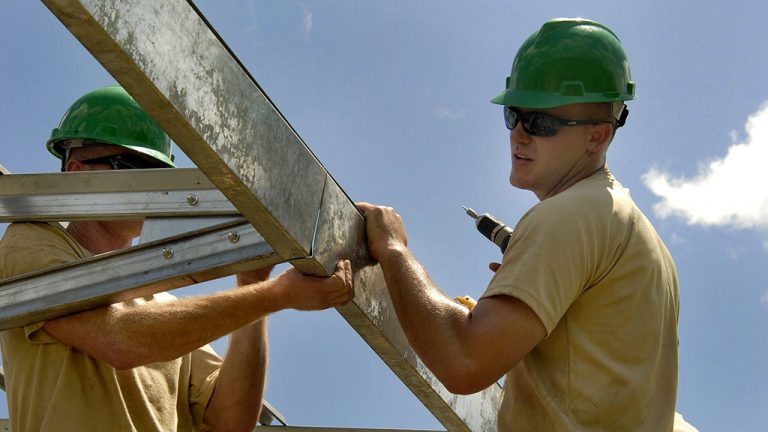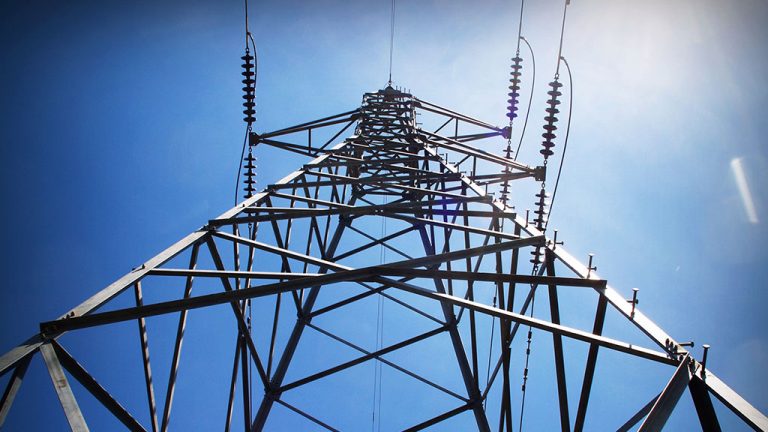South Africa’s plans for multi-billion-dollar investments in infrastructure projects will help the economy to recover from COVID-19 and solve major issues with aging facilities.
South Africa is the largest and most economically advanced country in sub-Saharan Africa. It has well-developed transportation, communication and financial sectors. The country is one of the largest exporters of natural resources in the world. South Africa is a global leader in the production of gold, chromium and platinum.
Even though historically the country has been one of the most promising emerging economies, over the last decade, its GDP growth has been slowing year after year. In addition to the long-term economic deceleration, the COVID-19 pandemic triggered a severe recession.
According to the Trading Economics portal, the country’s GDP “shrank an annualized 51 per cent on quarter in the three months to June of 2020.”
It was the steepest economic contraction since at least 1990. Sharp output declines were seen across almost all the country’s sectors, especially in construction (-76.6% vs -4.7% in Q1). Based on the quarterly results, annual GDP for 2020 is expected to contract by -7%.
Under-investment in deteriorating infrastructure
The economic weakness and slowing growth of the last decade have resulted partly from under-investment in deteriorating infrastructure as well as from the lack of technical expertise required for its upgrading and maintenance. Over the last several years the country has experienced power outages, freshwater shortages and disintegration of the road network.
In its latest attempt to revitalize the economy, damaged by COVID, and fix the long-term problems of aging infrastructure, South Africa’s government has announced a plan to invest 2.3 trillion rand (approximately US$133 billion) in the country’s infrastructure over the next decade. The projected investment is expected to create 1.8 million new jobs and to provide a gigantic boost for the construction sector.
The plan includes new development and renovation of the municipal water system, construction of new power plants and transmission lines as well as renovation and further expansion of the provincial and municipal road networks. There are also proposed projects related to the development of a smart city in Lanseria, a large fish farm and a space hub. The plan envisions 71 housing, 25 energy, 33 agriculture, 65 transportation, 42 water and seven digital infrastructure projects. About 20 per cent of the projects have already received funding and the government is expected to announce details on priority projects in October.
Pursuing P3 financing arrangements
Traditionally, the South African government has provided financing for most of the infrastructure programs in the country.
However, as the economic situation has become more problematic, the government has started investigating new ways of financing for both equity and debt.
Public-private partnerships (PPP or P3 financing plans) for infrastructure equity investments have become critical to the full-scale implementation of the ambitious infrastructure development plans.
As a part of this arrangement, the government has established a 100 billion-rand (approximately US$6 billion) infrastructure partnership fund.
Recent history, however, has shown that private investors have not been enthusiastic about participating in government infrastructure development plans. The major reason, according to the Association for Savings and Investment South Africa, has been a lack of co-ordination between decision-makers at various levels of government and an absence of skilled technical and financial expertise. To resolve this issue, South Africa’s government has created a national infrastructure office, a single body responsible for the implementation of the program.
ESG (Environmental, Social and Governance) Bonds
In addition to traditional debt financing, the South African government is planning to issue green bonds on the local stock and bond exchanges.
A significant part of the recovery plan is based on the utilization of various environmentally friendly technologies.
Water management, renewable energy and green public transportation are among the sectors that could benefit from investors’ interest in ESG bonds. Global demand for the debt financing that meets environmental, social and governance criteria continues to grow, with emerging markets raising as much as $10 billion in this year alone.
The fact that South Africa is pulling together the required technical and financial expertise and is centralizing the decision-making process regarding the new infrastructure projects, indicates a high likelihood of successful implementation.
Private and public partnerships for equity financing and the issuance of green bonds should allow funding for ESG-related projects to proceed, which will result in positive momentum for the program overall.
Dmytro Konovalov has over 10 years of experience in equity research and analysis for global markets at leading international financial institutions.










Recent Comments
comments for this post are closed